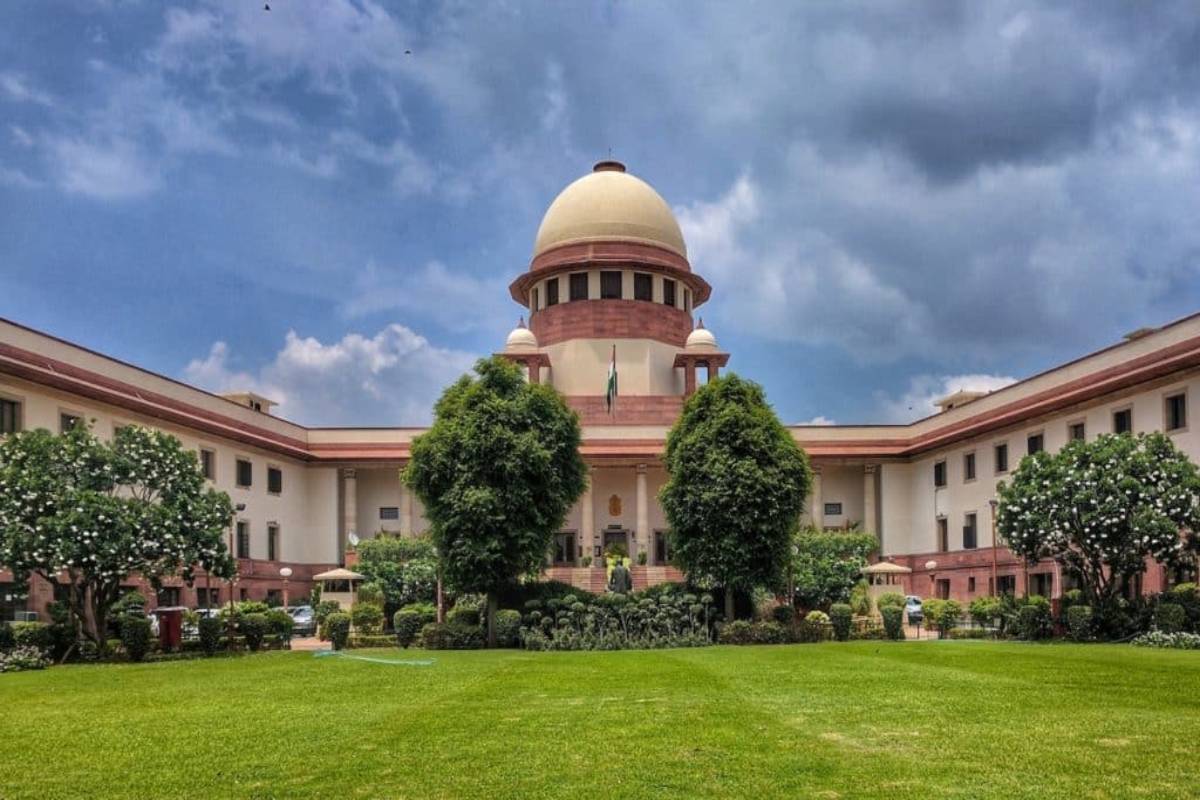The Supreme Court has sent shockwaves through the political landscape by ordering the re-incarceration of 11 individuals convicted in the brutal 2002 gang rape of Bilkis Bano. While this decision marks a crucial vindication for Bilkis Bano and survivors of the violence, it also opens a Pandora’s box of political intricacies and lingering questions about the state of justice in India. Bilkis Bano, a resilient survivor who endured murderous attempts and unspeakable atrocities expressed a sense of relief akin to a new year as the Supreme Court’s decision breathed new life into her pursuit of justice.
The court’s acknowledgment of the complicity of the Gujarat government and its assertion that the state “acted in tandem” with the convicts raises alarming questions about the rule of law and the foundations of justice in the country. The apex court’s commentary on the state’s fraudulent measures adopted to secure a prior order in May 2022 sheds light on the manipulative tactics employed by authorities. The court’s assertion that the cases of Best Bakery and Bilkis Bano were shifted out of Gujarat due to the apprehension of collusion between the state and the convicts unveils the historical context and reinforces the necessity for fair and impartial investigations.
Advertisement
The recent verdict calls into question the integrity of the state’s actions and the political motivations that prompted the relocation of the trials. The court’s observation that if convicts can “circumvent the consequences of their conviction, peace and tranquillity in society will be reduced to a chimaera” raises concerns about the government’s role in upholding justice. Indeed, the Court has commented adversely on even the state government entertaining the remission application, pointing to an inherent lack of jurisdiction. The approval of remission by the Union Home Ministry in 2023, as revealed last year, suggests that this aspect was ignored by the Centre.
That even the apex court was hoodwinked is made evident by the observation that an order was obtained without disclosing material facts. It took the relentless efforts of independent women petitioners to push for justice, exposing a glaring void where the state should have stood as an ally for survivors. As we celebrate this momentous verdict, we must not forget that it symbolises not just justice served but also serves as a clarion call for a comprehensive examination of the state of justice, political accountability, and women’s rights in India today.
The echoes of the Bilkis Bano case should reverberate not just in courtrooms but in the collective conscience of a nation that aspires to uphold the principles of equality, justice, and human dignity. But beyond the conduct of the state, the tumultuous welcome received by those convicted of rape when they were released last year points to fault lines in our society which we ignore at our own peril.









